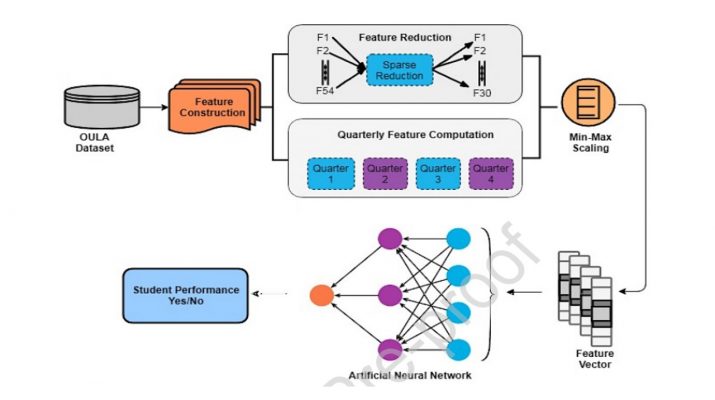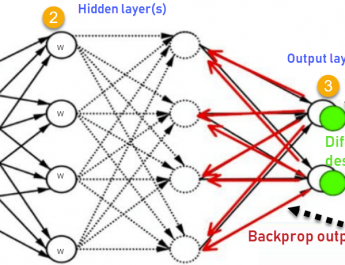Rapid advancements in Technology-Enhanced Learning platforms have shown a tremendous increase in online educational data to yield ample educational repositories – demonstrating a significant impact on Higher Educational Institutions. This rapid increase in educational data is also providing opportunities to optimize users’ engagement with technological platforms to enhance the learning experience.
The progression of the accumulated educational data has stimulated the emergence of several research communities, such as learning analytics to predict learners’ behavior and providing indicators for optimized policy formulations. Educational data, a by-product of the interaction between learners and instructors, has been substantiated as a multidisciplinary field of study, involving researchers from various research disciplines.
Abstract:
The abundance of accessible educational data, supported by the technology-enhanced learning platforms, provides opportunities to mine learning behavior of students, addressing their issues, optimizing the educational environment, and enabling data-driven decision making. Virtual learning environments complement the learning analytics paradigm by effectively providing datasets for analysing and reporting the learning process of students and its reflection and contribution in their respective performances.
This study deploys a deep artificial neural network on a set of unique handcrafted features, extracted from the virtual learning environments clickstream data, to predict at-risk students providing measures for early intervention of such cases.
The results show the proposed model to achieve a classification accuracy of 84%-93%. We show that a deep artificial neural network outperforms the baseline logistic regression and support vector machine models. While logistic regression achieves an accuracy of 79.82% – 85.60%, the support vector machine achieves 79.95% – 89.14%.
Aligned with the existing studies – our findings demonstrate the inclusion of legacy data and assessment-related data to impact the model significantly. Students interested in accessing the content of the previous lectures are observed to demonstrate better performance. The study intends to assist institutes in formulating a necessary framework for pedagogical support, facilitating higher education decision-making process towards sustainable education.
Hajra Waheed, Saeed-Ul Hassan, Naif Radi Aljohani, Julie Hardman, Raheel Nawaz
Source: https://e-space.mmu.ac.uk





